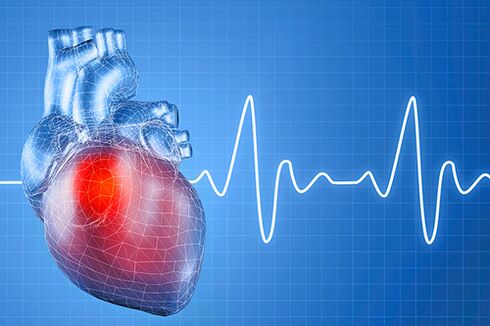
Factors that trigger disease development
- Extra weight in the body often causes high blood pressure in the arteries. This is because blood saturation of adipose tissue is a rather complex process. Even gaining just a few pounds can cause increased pressure on the blood supply system and can cause disturbances in the function of the heart and arterial bed.
- Continuous time spent indoors and a lack of fresh air with the necessary oxygen content can have a negative impact on human health. Vasodilation compensates for the hypoxic mixture in the lungs, and prolonged stay in a poorly ventilated room can lead to the appearance of symptoms of arterial hypertension.
- Another predisposing factor for the development of hypertension in adolescents is the increase in testosterone in the body. The result is the appearance of signs of the disease and the gradual development of hypertension.
- Frequent stressful situations and emotional stress can cause blood pressure to rise. Due to the chronic nature of its course, all organs are under constant tension, the result of which is wear and tear of blood vessels and a decrease in elasticity.
- Various brain injuries and injuries can cause the development of high blood pressure. They cause the channel lumen to narrow, and the body must actively fight the resulting hypotonicity.

Etiology and causes of disease
- Congenital hypertension.Many diseases are hereditary, and high blood pressure is no exception. In about half of patients, the cause of hypertension is genetic. If your parent has arterial hypertension, your risk of developing high blood pressure is doubled.
- Malnutrition.The pathogenesis of the development of vascular disease may be malnutrition. Salty foods can cause high blood pressure and lead to disease. It takes a while for the kidneys to clear excess sodium from the body, and until then, the excess salt retains water. The result is edema and increased circulating blood volume in hypertensive patients.
- smokes.Tobacco contains nicotine, which increases heart rate and blood pressure. Long-term smoking poses dangers to the smoker and everyone around them.
- Alcohol abuse.Heavy drinking and a morning hangover can have negative effects on health and blood pressure. Statistics show that people under the influence of alcohol often suffer a variety of injuries. Alcohol abuse that begins at a young age often leads to high blood pressure and many pathologies of the heart and vascular system.
- many people sufferweather dependence, that is, they are particularly sensitive to weather changes. Even healthy people who move little and spend long periods of time indoors can become dependent on the weather. Meteorological crises in patients with hypertension mainly occur under unusual climatic conditions.

- Renal hypertension occurs when the arteries supplying the kidneys become blocked;
- Adrenal gland tumors appear, causing increased hormone production;
- Obesity and metabolic syndrome.
At what age does high blood pressure appear? What are the first symptoms?
- Headache concentrated in temples and back of head;
- Poor performance with persistent desire to sleep and decreased appetite;
- Spots appear on the eyes, especially if there is a sudden change in body position;
- attention and memory problems;
- Shortness of breath, little physical exertion;
- Changes in facial skin color.






















